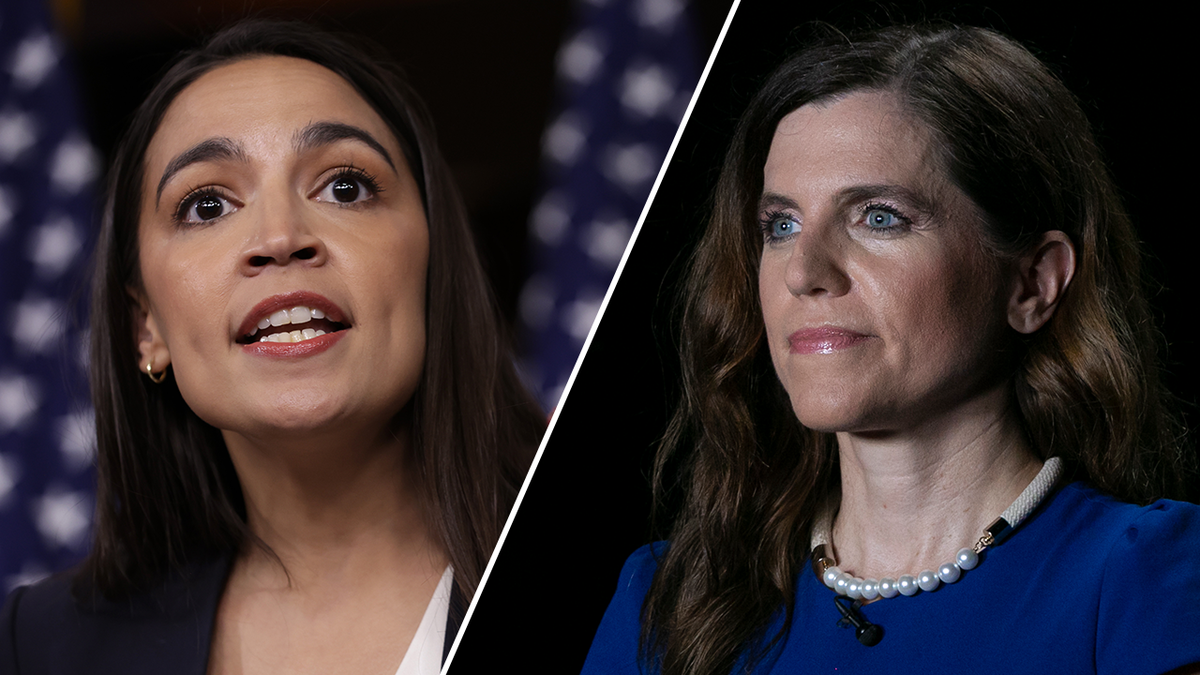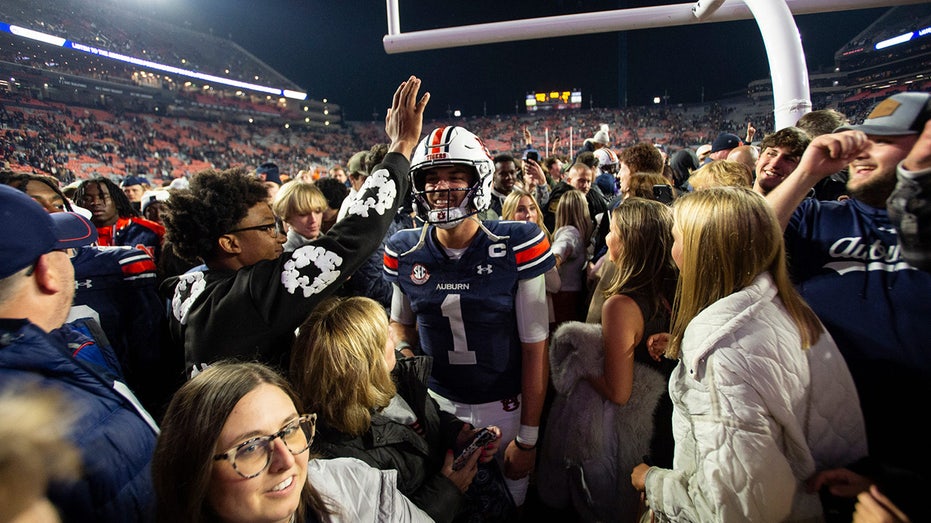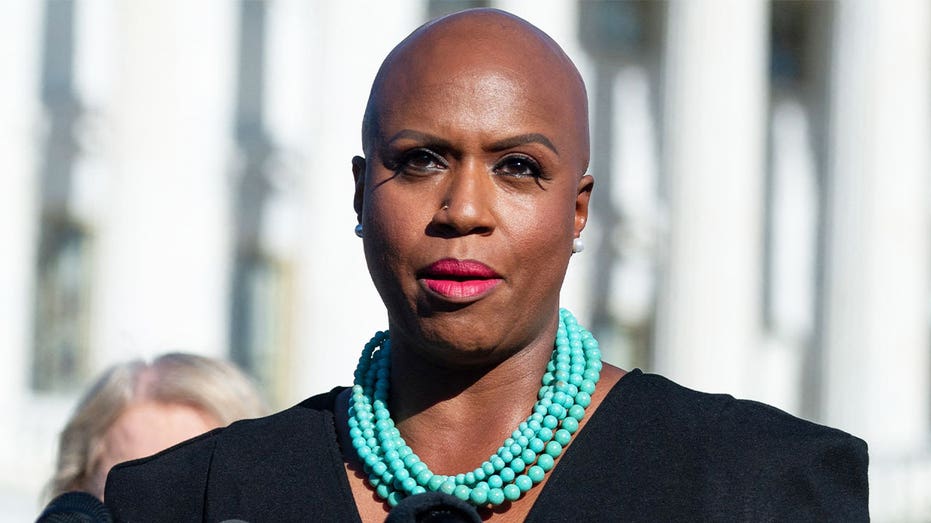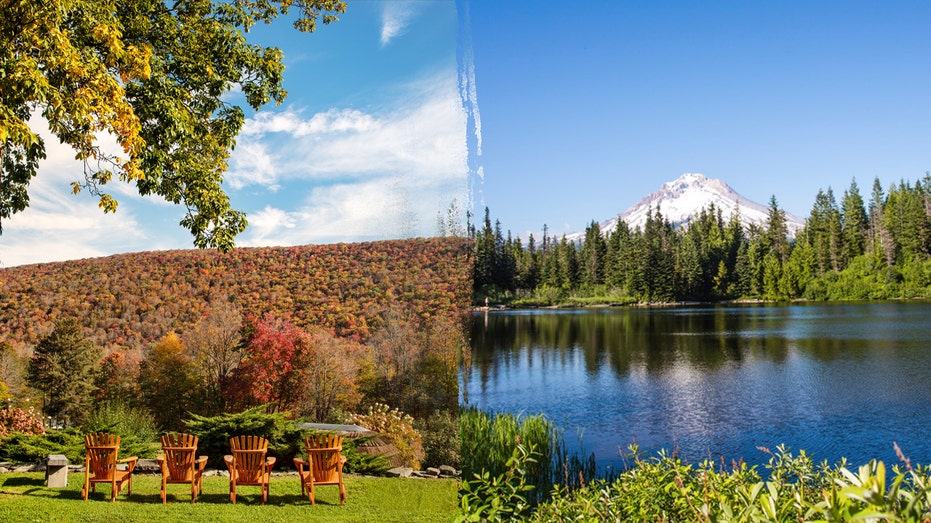- by foxnews
- 25 Nov 2024
?No worries?: how America came to banish Australia?s go-to phrase
‘No worries’: how America came to banish Australia’s go-to phrase
- by theguardian
- 04 Jan 2022
- in news

A list of "banished words", published annually by Michigan's Lake Superior State University, has this year included the unmistakably Australian "no worries".
LSSU's tongue-in-cheek list has been compiled every year since 1976 from submissions on terms deemed "familiar but problematic". This year's list also includes, among others, "asking for a friend", "circle back" and "wait, what?" for elimination.
While the list takes submissions from around the world, executive director of marketing and communications at LSSU, Peter Szatmary, said "not a single of the many nominators of 'no worries' came from Australia. All nominators of 'no worries' listed their addresses as in the US".
But how did this Australianism get there?
"The same way anything does: use, contact, and time," says Tiger Webb, a language researcher and chair of the ABC's English usage committee.
The first use of "no worries" goes back to a 1965 edition of Sydney's Oz magazine, according to the Oxford English dictionary.
The expression probably received a boost in popularity from Australian cultural exports such as Crocodile Dundee, which Webb says contains six instances, as well as the Sydney Olympics and Steve Irwin.
"'No worries' is a victim of its own success, and has since become naturalised in America, that is, stripped of specific Australian connotations."
Webb says one American lexicographer and writer on usage, Bryan Garner, dates the shift to naturalisation to about the year 2000.
Google's Ngram viewer, which allows users to look at the frequency of a word or phrase's occurrence in a corpus of books, also shows that beginning in the 90s, the term starts to become more frequent in American English, shooting up sharply after 2000.
Lauren Sadow, a postdoctoral fellow at Macquarie University's school of education who has a background in linguistics, guesses that more recent influences in popular and social media have likely helped to spread "no worries" even further, with Australians such as Margot Robbie, Rebel Wilson and the Hemsworths rising to fame.
On top of this, the phrase has been popularly memed in recent times.
It's not the first time this little expression has been noticed, either: a 2014 Quartz article looks at how it might have "infected" US English.
In the UK, decades of Neighbours have helped it to become commonplace - in a 2007 ninemsn article, linguist David Crystal said an uptick in "no worries" had been noticed in the preceding 10 to 15 years.
Webb also mentions the phrase hakuna matata, from Disney's 1994 movie The Lion King: "Hakuna matata is translated as meaning no worries, which suggests the phrase was not alien to US audiences."
As for why it's been nominated for banishment this year, LSSU's entry for the phrase says it "incorrectly substitutes for 'You're welcome'".
The list quotes one submission as saying: "If I'm not worried, I don't want anyone telling me not to worry." It adds: "If I am upset, I want to discuss being upset."
"The description given in the list misunderstands the phrase's usage, at least in Australian English," Sadow says. "In Australian English, although it is used in the same place as 'you're welcome', the meaning is quite different."
"It is the speaker saying that they feel 'no worries', and that they think the listener should have 'no worries'."
Webb is a little less restrained. "In my view the compilers of the Banished Words list at LSSU are idiotically mistaken to view 'no worries' as misused, overused, or incorrect."
Those who object to being told not to worry are "misunderstanding on two fairly fundamental levels", he says.
"In this context, 'no worries' indicates that the person being thanked went through no trouble or difficulty; it is not an imperative from the person being thanked that the person doing the thanking should not worry.
"Even if it were, that would still probably be fine: a lot of small talk is what's known as phatic, that is, there for the purposes of social interaction rather than information transfer," Webb says.
Sadow says: "It wouldn't be used in a situation (as one commenter said) where either party would actually have worries. It would be completely inappropriate to say 'You broke my leg!' 'No worries'."
She points out that it is "very similar to the US English 'no problem'", another expression that might qualify as phatic.
"I would say that its usage has been misunderstood by people who do not have it in their own idiolect," Sadow says.
- by foxnews
- descember 09, 2016
'Quiet travel' is having a moment; here are top US spots where you can embrace the trend
Here are 10 destinations for "quiet travel" in the U.S. to check out if you're ready to unplug and unwind on your next vacation. From Maine to Florida, Oregon and more, see the list.
read more


